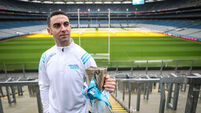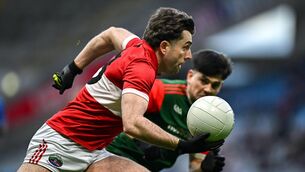Association is failing in its duty to players and supporters
Other events though, mean our thoughts on Kilkenny and Tipp will have to wait. The past 10 days have been an awful indictment on how that sporting body governs its games.
The new Allianz League formats agreed by Central Council last Saturday week are an affront to not just hurling but common sense and fairness.














